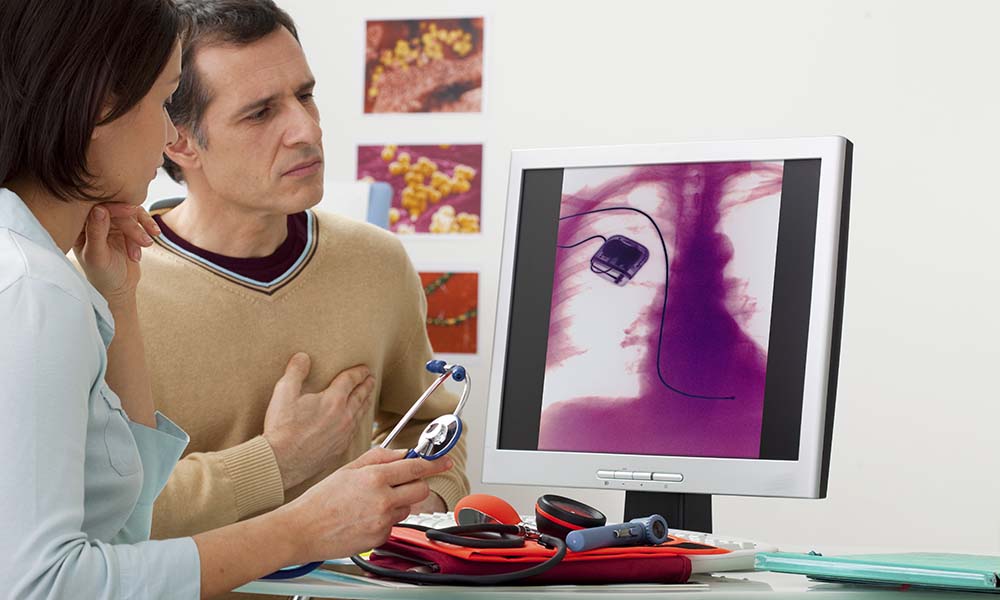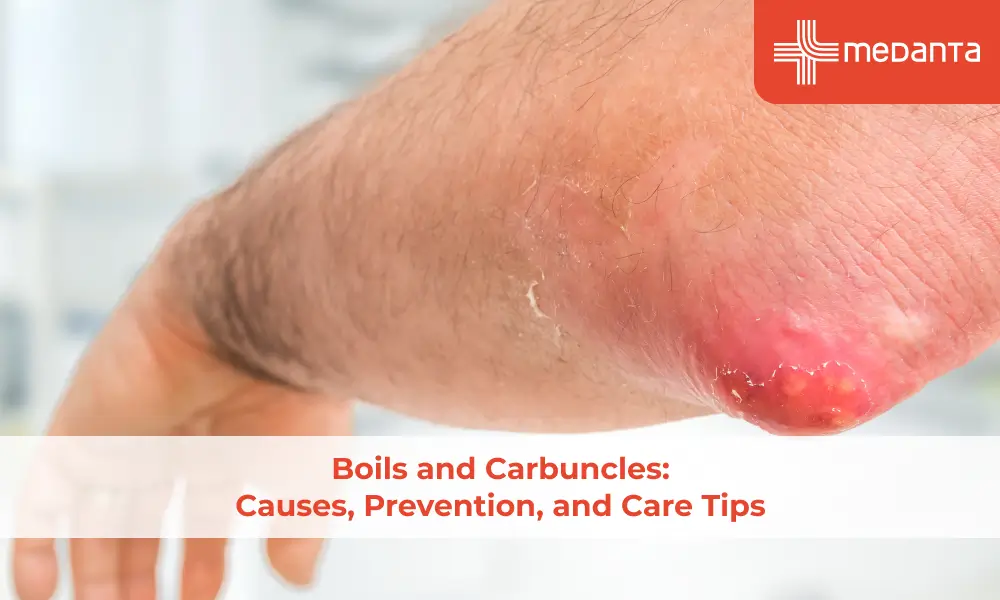Living with a Pacemaker: Precautions, Benefits, and Essential Tips for a Healthy Life

Introduction:
A pacemaker is a tiny electrical gadget inserted beneath the skin to assist in controlling heart rhythm. The majority of pacemakers are installed to alleviate the symptoms of sick sinus syndrome or heart block-related bradycardia (slow heart rate).
Why is it done?
In order to help regulate your heartbeat, a pacemaker is installed. If your heartbeat is slow (bradycardia) after a heart attack, surgery, or medication overdose but is otherwise expected to improve, your doctor may advise getting a temporary pacemaker. Permanent pacemakers can be installed to treat heart failure or to fix a persistently slow or irregular heartbeat.

After pacemaker Implementation:
Your doctor might advise not engaging in strenuous activity or heavy lifting for roughly a month. Keep your hands off the place where the pacemaker was inserted. Ask your doctor if you can take over-the-counter medications like acetaminophen (Tylenol, among others) or ibuprofen if you experience discomfort there.
Precautions:
Modern household appliances, including microwave ovens, do not interfere with pacemakers and should not be a cause for concern, despite what the general public believes. There are only a few extra safety measures you must take with specific other gadgets to prevent issues like electromagnetic interference (EMI).
Cellular phones may interfere with a pacemaker's operation if they are held close to it (as may happen if they are kept in a breast pocket). However, there shouldn't be a problem as long as the phone is kept at least 6 inches away from the pacemaker.
Passing past airports or other security scanners is typically safe. They won't harm the ICD or pacemaker. However, before going through security at the airport, let them know that you have a pacemaker. The alarm could go off due to the device. Also, respectfully tell security, if you are chosen for a more thorough search, not to keep the hand-held metal-detecting wand over the pacemaker for too long (more than a second or two). This is due to the possibility that the magnet inside the wand will momentarily alter your device's operating mode. Do not linger too long next to the system or lean on it.
Magnets can damage a pacemaker if they are brought within around 6 inches of it, similar to how cell phones can. Keep magnets away from your pacemaker, that's all.
When in close proximity to your device, MP3 player headphones may contain a magnetic material that could affect how well it works. Keep the headphones at least 3 centimetres (cm) or 1.2 inches (in) away from the gadget. They won't provide this risk when worn properly in the ears. Never wear your headphones over your neck, tuck them into your breast pocket, or allow someone else to squeeze their ears up against your device while using headphones.
Arc welders and chainsaws are strong enough to hinder the operation of your pacemaker, in contrast to common household appliances. Use of this device should be avoided by those who have pacemakers.
Ensure that every dentist and medical professional is aware that you have a pacemaker. Your pacemaker may be affected by some medical treatments like magnetic resonance imaging, CT scans, cancer radiation therapy, electrocautery to control bleeding during surgery, and shock wave lithotripsy to disintegrate big kidneys or gallstones. Currently MRI safe pacemakers are available.
Keep a pacemaker or ICD ID card with you at all times. If you have a device, it is advised that you wear a medic alert bracelet or necklace.
Normal life:
You should be able to participate in the same activities that people in your age group do once the device has been placed. Typically, your ability to do things is only restricted while the wound is healing. Depending on the advice from your doctor, these restrictions will only last for 2 to 3 weeks.
With a pacemaker, there aren't really any particular foods to stay away from. However, if you have one, it signifies you have a heart condition, and as a result, you must adopt a heart-healthy diet. These dietary modifications emphasize cutting back on red meat, a lot of dairy products, and bad fats while boosting the intake of whole grains, fresh fruits, and vegetables.
Concluding Remarks
Pacemakers are intended to preserve or improve your lifestyle, not to restrict it. And this is generally what takes place. None of the measures you must take after the implantation surgery are particularly onerous, and you won't have to deal with most of them on a daily basis.
However, you will need to have regular checkups to ensure that your pacemaker is working fine.






